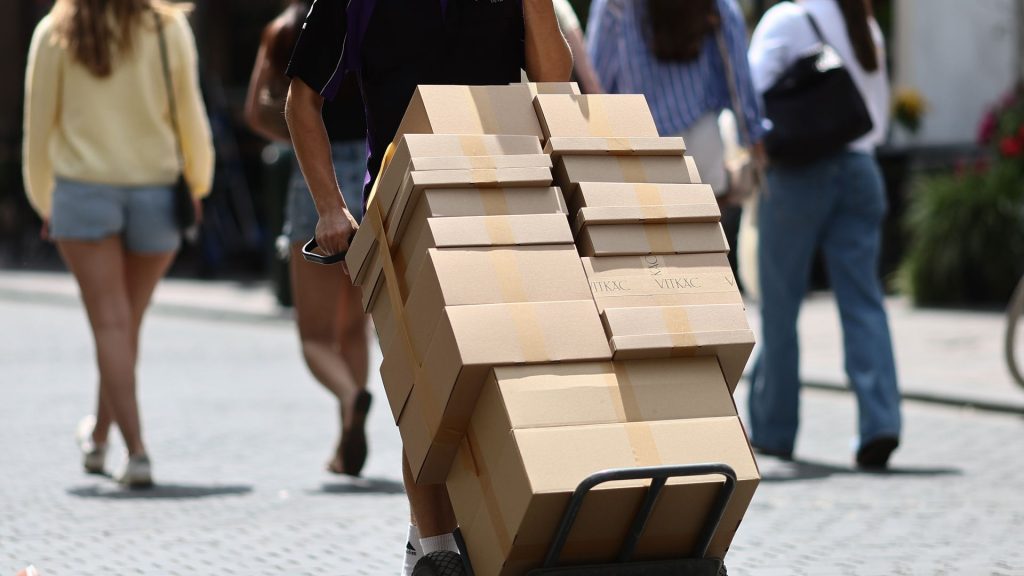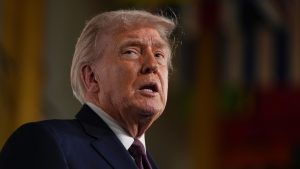Tariff waiver on low-value packages ends; higher prices likely for consumers

Low-priced goods from foreign countries became more expensive Friday as the so-called “de minimis” tariff exemption expired on packages valued at less than $800. Shipping companies, businesses and consumers could all wind up paying more for roughly 4 million items delivered daily to the United States.
The same U.S. tariff rate that is levied on other goods from origin countries will now be assessed to these low-value shipments. In some cases, a flat rate of $80, $160 or $200 will be charged.
Number of imported packages affected
U.S. Customs and Border Protection states that the new tariff policy covers approximately 4 million packages per day. In 2024, the agency says, 1.36 billion shipments qualified for the de minimis exemption — up from 139 million in 2015.
Unbiased. Straight Facts.TM
The de minimis exemption began with the Tariff Act of 1930, which allowed buyers to avoid paying tariffs on smaller valued goods.

NBC News reports that the exemption covered 97% of such shipments in the last three fiscal years.
Reaction
The end of the exemption will likely mean significantly higher costs for consumers when they order products on sites such as Amazon.
“On your average de minimis shipment, paying a customs broker and paying the fees will double the cost,” John Pickel, vice president of supply chain policy at the National Foreign Trade Council, told NBC.
Beth Salvini, co-owner of the Greenwich Letterpress stationery store in New York City, put it this way, “In retail, you don’t buy something for $5 and sell it to your customer for $2… and the idea we could take on every additional cost for such small goods is just not possible.”
History of the de minimis exemption
Since 1930, the exemption has allowed businesses and customers to buy low-cost items from overseas without getting hit with big fees or charges. These items include small kitchen appliances, clothes and beauty products.
While the exemption once covered only goods valued at no more than $200, the limit rose to $800 in 2016 when Congress passed new legislation during the Obama administration.
NPR reports that after that threshold change, de minimis — a Latin phrase meaning “of little value” — shipments began to dominate cargo arriving in the U.S. Large discount retailers took advantage of the exemption by shipping inexpensive products directly to Americans while customers enjoyed duty-free purchases.
Trump trade policy
However, President Donald Trump has referred to the exemption as a “big scam” that favors foreign companies over American small businesses. He applied tariffs to these purchases, starting in May when the exemption on items from China and Hong Kong ended. CNN reports that the U.S. has collected nearly $500 million as a result.
Depending on the country of origin, de minimis goods may be subject to tariffs ranging from 10% to 30% or more.
Shippers, meanwhile, will have to wade through the paperwork for handling millions of packages and figure out how to collect money for tariffs, duties and taxes.





